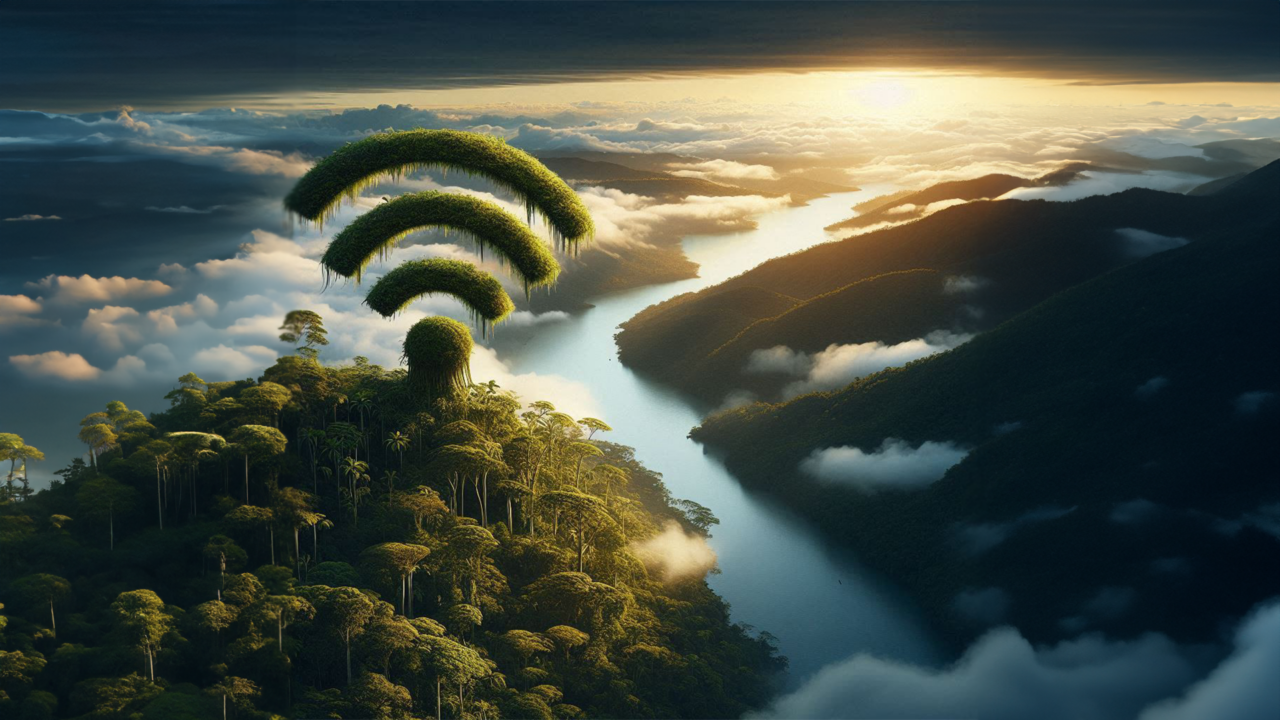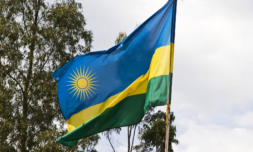The negative response inadvertently reveals long-standing ideals of an ‘untouched’ culture from an outside perspective.
Hundreds of isolated tribes across Brazil are now accessing the internet, thanks to Elon Musk’s satellite service Starlink.
It hasn’t gone down too well where the Western media’s concerned, however.
Musk’s Starlink antennas, which have enabled high-speed internet to reach villages like those of Brazil’s Marubo tribe, were first introduced to locals in 2023. And despite the life-changing capacities of the internet, they haven’t necessarily overhauled the lives of indigenous people to the extent many netizens are suggesting.
For starters, the Marubo tribe, located in the Amazonian municipality of Atalaia do Norte in Brazil, are not an entirely ‘remote’ tribe.
In fact, many members of the population already had mobile phones before Starlink was introduced last year. These were used to communicate with one another when they were in the city, and to take pictures of local wildlife and landscapes.
Yet, public response to the news that Marubo people are now perusing social media has been an overwhelmingly negative one.
The overarching theme amongst Western commentators has been the mourning of a now eroded, once ‘untouched’, tribal culture.
Starlink testing in Brazil 🇧🇷💛💚
Access to the Internet is a form of freedom pic.twitter.com/3ujFH8rZyL
— Elon Musk |Parody| (@Elongater17Q) May 14, 2024
‘Why couldn’t they just be left alone to be pure and peaceful?’ said one Instagram user, beneath a New York Times video of Marubo people using Starlink’s new satellite to access social media platforms.
The irony in leaving a message like this via the same platform that is believed to be ‘destroying’ tribal lives is quite the humdinger. It’s also an irony that’s been around for some time.
In Western society, this concept of a ‘pure’, ‘perfect’ people – untouched by the frills of ‘modern’ society – has been central to myths like those of The Last Frontier; that the United States was developed from a ‘virgin land’ and built by settlers.
But why, if we’re all able to scroll social media, should certain corners of the globe be sheltered from the same technology? Just as one might argue it’s not our place to share the internet with tribes like the Marubo, who’s to say it’s our right to withhold them either?

















